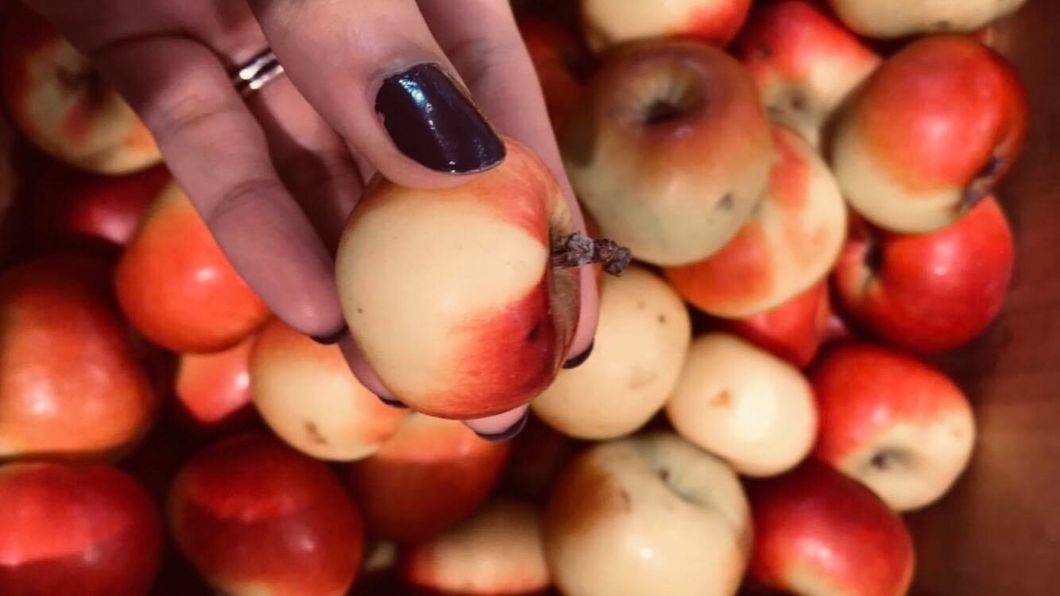As a child, there was always that one store in your neighborhood that would have signs with symbols you couldn't comprehend or words that wouldn't make sense to you. You didn't fuss much about it nor make the choice to wander inside and see what's going on.
That's the beauty of these kinds of markets, the ones that are always tucked away by the signs of bigger companies like Jewel Osco, Aldi, Walmart, and Whole Foods—they have this alluring charm the big companies lack. It wasn't until this year that I really opened up about the novelty of these markets.
There is an intimidating factor about entering an ethnic specialty market, though. At a glance, you see parts where you fit in and parts where you don't, as you (slightly) immerse yourself into an almost completely different world. You take note of the different people who take pride in their background, continuing home traditions in a country that's not entirely welcoming. And then you look back at yourself and see how different you are to them, from the way you look to how you speak in their native language. You learn to further alienate yourself from a piece of your own identity, whether it's a culture you were born into or introduced to.
Despite the obvious difference, in time, for
First-Gen Americans,
People entering their new multicultural family, and
the deeply homesick,
Shopping at these markets are a genuine way to embrace an unfamiliar identity or turn something that was once so unfamiliar, familiar.
As a First-Gen American, under the guidance of my parents and other involved family members, I was brought up to appreciate different kinds of food and how they're marketed and witnessing that difference first-hand is uplifting. Most people don't have the mindset to openly use tongs to pick up a live crab from a pile of them and stuff it in a bag, and only a small handful of people can carry a packaged severed cow tongue to the cash register without gagging or wincing. Luckily, like most first gen kids or kids with very deeply-rooted cultured parents, I can do it, and that's liberating for a person who has always doubted the "authenticity" of their bicultural identity.
Ethnic specialty markets are stocked with goods you rarely find in big brand grocery stores and it's hard to resist the overwhelming excitement that comes with seeing new things. As I shop like a child over these deliciously rare foods and foreign products, I also see the foods that my immigrant parents get excited over, and it warms my heart. For a lot of people like me, even though it warms our hearts to see our parents reminisce about their lives back home, it's really sad too. They gave up so much to bring us here and stay here, and now that missing part of their life and its memories are flushed back to them through this tangible object.
This is a very intimate and almost sacred setting. I want to stress that exploring ethnic specialty markets should be done with good intentions and if you're going there to groan and make ridiculous remarks about anything there, stay home.
And if your head is in the right place, you'll find the atmosphere of these markets to be very welcoming in time.



 StableDiffusion
StableDiffusion StableDiffusion
StableDiffusion StableDiffusion
StableDiffusion Photo by
Photo by  Photo by
Photo by  Photo by
Photo by 
 Photo by
Photo by  Photo by
Photo by  Photo by
Photo by  Photo by
Photo by  Photo by
Photo by 












